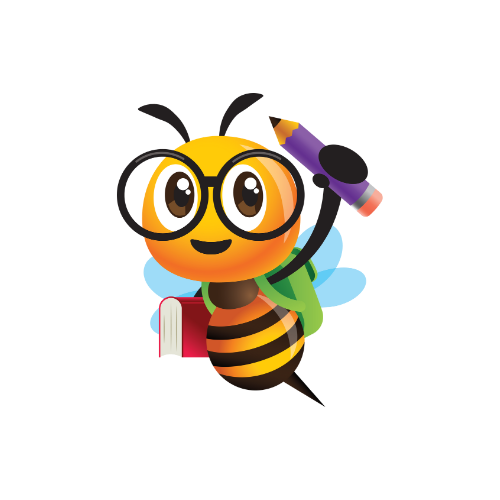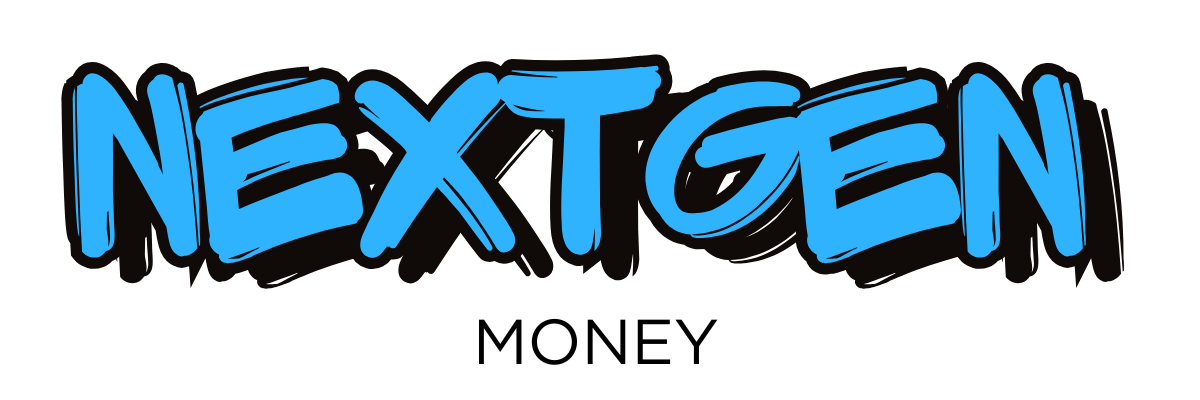💰 Ages 13–17: Future Investors
🪙 What Is Money?
Welcome to the next level of your Money Explorers journey!
Now that you're a teenager, you’re probably starting to think more seriously about money — maybe you're earning your own through part-time work or managing pocket money with more independence.
But what actually is money?
Where does it come from, and why is it so important in your life now and into the future?
Let’s explore the answers.

💬 The Simple Definition:
Money is a tool that allows people to trade goods and services.
It’s a system we all agree to use — instead of swapping a sandwich for a t-shirt, we use money to keep things fair and easy.
In Australia, we use Australian Dollars (AUD), both in physical form (notes and coins) and digitally (cards, bank apps, and mobile payments like Apple Pay or Google Wallet).
💡 Why Does Money Matter to You?
At your age, money starts to feel real.
You might:
- 💼 Be getting your first job
- 💳 Start using a debit card
- 🎁 Save up for bigger goals (like a phone, concert ticket, or even your first car!)
- 💰 Want to understand how to budget, invest, or manage spending
Understanding what money is — and how it works — sets you up for smart choices, financial freedom, and less stress later in life.


📜 A Quick History: Where Did Money Come From?
Before money existed, people bartered — trading one item for another.
But barter systems weren’t always fair or practical. What if someone didn’t want what you had to trade?
Enter: money — first as shells, then metal coins, then paper notes, and now digital dollars. It evolved to become a standard system for buying and selling.
In Australia today, money is created, managed, and monitored by the Reserve Bank of Australia (RBA), which helps control inflation and interest rates too.
🧠 The Functions of Money
To understand money better, let’s break it into four key roles:
- Medium of Exchange
You can use money to buy goods and services (like food, clothes, or a movie ticket).
- Unit of Account
Money gives everything a value — it helps us compare the worth of different things. For example, is a $10 lunch better value than a $20 one?
- Store of Value
You can save money and use it later — it doesn’t spoil or disappear (unless inflation reduces its buying power).
- Standard of Deferred Payment
Money can be used to settle debts, buy now and pay later, or borrow and repay in the future.
🤔 Did You Know?
- The $50 note is the most used note in Australia.
- Australia was the first country to introduce plastic (polymer) banknotes — they’re waterproof and harder to counterfeit.
- If you earn more than $450 a month from your part-time job, your employer must start paying superannuation into your retirement fund!
📱 Digital vs Physical Money
As a modern teenager, you’ve probably seen less cash and more cards, bank apps, and tap-to-pay.
While physical money still exists, digital money is how most of us now spend and receive income.
Here’s a breakdown:
| Type of Money | Example | Use |
|---|---|---|
| Physical | Coins and notes | Rare these days, but still accepted |
| Bank Transfers | Pay or get paid by bank transfer | Used for wages, bills |
| Debit Cards | Linked to your bank account | Most common for teens |
| Mobile Payments | Apple Pay, Google Pay | Fast and convenient |
| Online Money | Buy things from websites | Popular for clothes, tech, etc. |
🔍 Teen Talk: Money in Your World
Here’s why knowing about money now is a smart move:
- You’ll soon make decisions about jobs, spending, saving, tax, and bank accounts.
- You might want to start learning about investing or how to avoid debt traps like Buy Now Pay Later services.
- You can set money goals — saving for uni, travel, or your first car.
- Money gives you freedom when managed wisely — and stress when it's not.

🎯 Activity: Think Like a Money Explorer
Ask yourself:
- What do I spend the most money on right now?
- Could I save 10% of what I earn or receive?
- Do I understand how my bank account works?
- What’s one money goal I could aim for in the next 3 months?
Try This:
💬 Chat with your parents or a trusted adult about how they manage money. You’ll be
surprised
how much you
can learn
just by asking.
🧡 Grown-Ups’ Corner: Tips for Parents, Teachers & Mentors
Teenagers are eager for independence and often ready to take control of their finances — even if they don’t say it out loud.
Encourage:
- Real-life money practice (e.g. budgeting for a shopping trip or opening a bank account)
- Safe part-time work experiences
- Open conversations about saving, investing, debt, and mistakes
- Using youth-focused bank apps like Spriggy, CommBank YATM, or My Money Tracker
Keep the tone non-judgmental — let them learn, make small mistakes, and ask questions freely.
🔐 Coming Up Next:
Now that you understand what money is, you're ready to dive into the next chapter:
“Opening a Bank Account”
– Discover how to open a bank account and start building your own financial independence.



